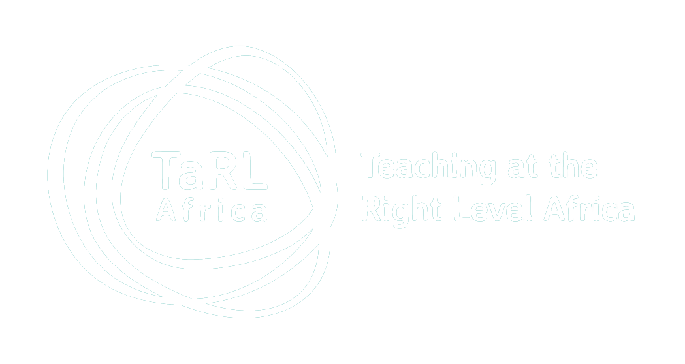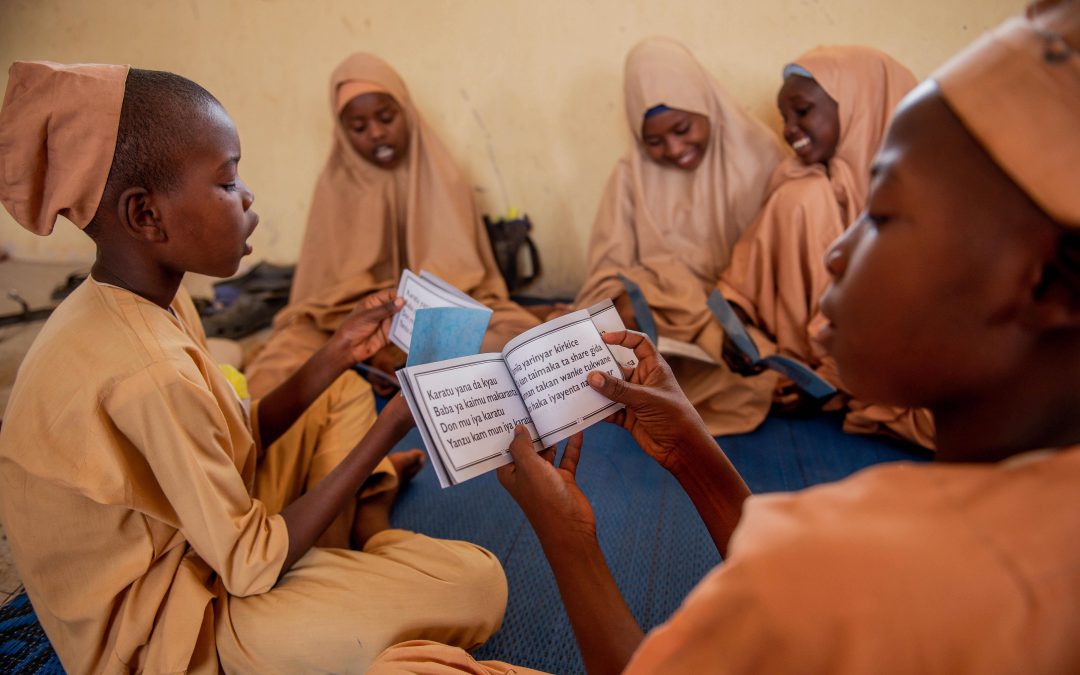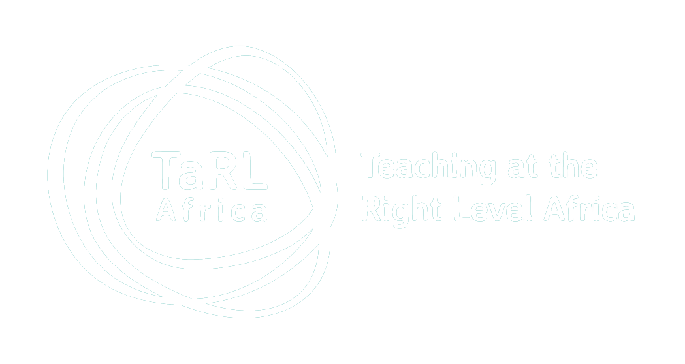Governments across Africa have made tremendous gains in promoting school enrolment, with most low- to middle-income countries now enrolling primary school-age children at rates close to those in high-income countries. According to UNICEF, the global net school attendance rate for primary education reached 87 percent in 2019, with about four out of five children attending primary education completing it. But data on learning highlights an unfortunate truth: enrolment in school does not guarantee learning. Across the continent, many children are well below grade level, and millions of children fail to master even basic reading and mathematics skills, placing a spotlight on the massive challenge to achieving inclusive and equitable quality education for all. In Kenya, for example, the Kenya National Examinations Council found that most grade three students cannot read English, the medium of instruction in schools and that only three out of 10 grade three students can do grade two mathematics. In grade three Kenyan children are supposed to be able to read a paragraph of five simple sentences and do addition and subtraction of double-digit numbers. The situation has been further exacerbated by the COVID-19 pandemic and school closures that reduced the learning time which was a major setback to children’s progress.
Since 1967, the International Literacy Day celebrations have taken place annually on September, 8 to remind the public of the importance of literacy as a matter of dignity and human rights. Children’s ability to read, write and count, especially at early grades, significantly impacts how they achieve various aspects of personal, social, and economic wellbeing later in their lives. Literacy is the foundation for performing well at school, problem-solving and making decisions, ultimately reducing extreme poverty, and promoting social changes.
Teaching at the Right Level (TaRL) is an evidence-based intervention that helps children who miss key concepts in the early grades gain early learning skills and a chance to catch up. TaRL works with the government and other actors throughout the education system to ensure that children master foundational skills in reading, writing, and math. Through one-on-one assessments with children, instructors get to understand the specific learning needs of each child. Instructors, who are either the school teachers or volunteers, use these assessment results to create manageable groups of children with similar learning needs and use level-appropriate activities to help the children learn.
I have witnessed tremendous learning improvements in the countries that implement TaRL. In Nigeria, for example, children who can read a simple paragraph doubled over the period from 7 percent at baseline, when we started the programme, to 13 percent at midline, which is in just nine weeks. These improvements echo the need to focus on the individual needs of learners as we equip them with foundational reading and math skills.
In conclusion, as we mark International Literacy Day and strive towards the Sustainable Development Agenda, all countries should ensure that they not only prioritise schooling for all children but that the children are also learning. Inclusive and equitable quality education should promote lifelong learning opportunities for all.


